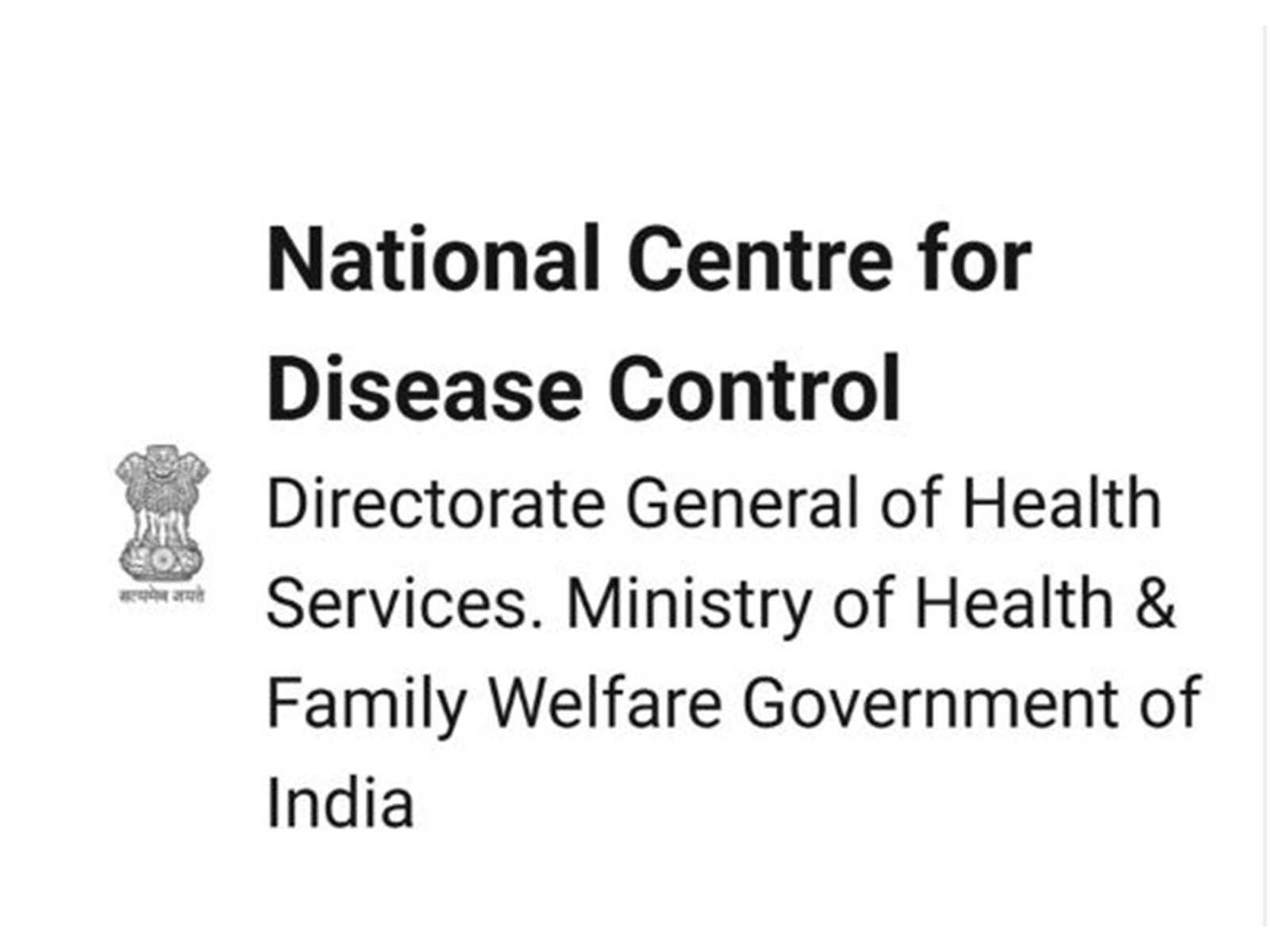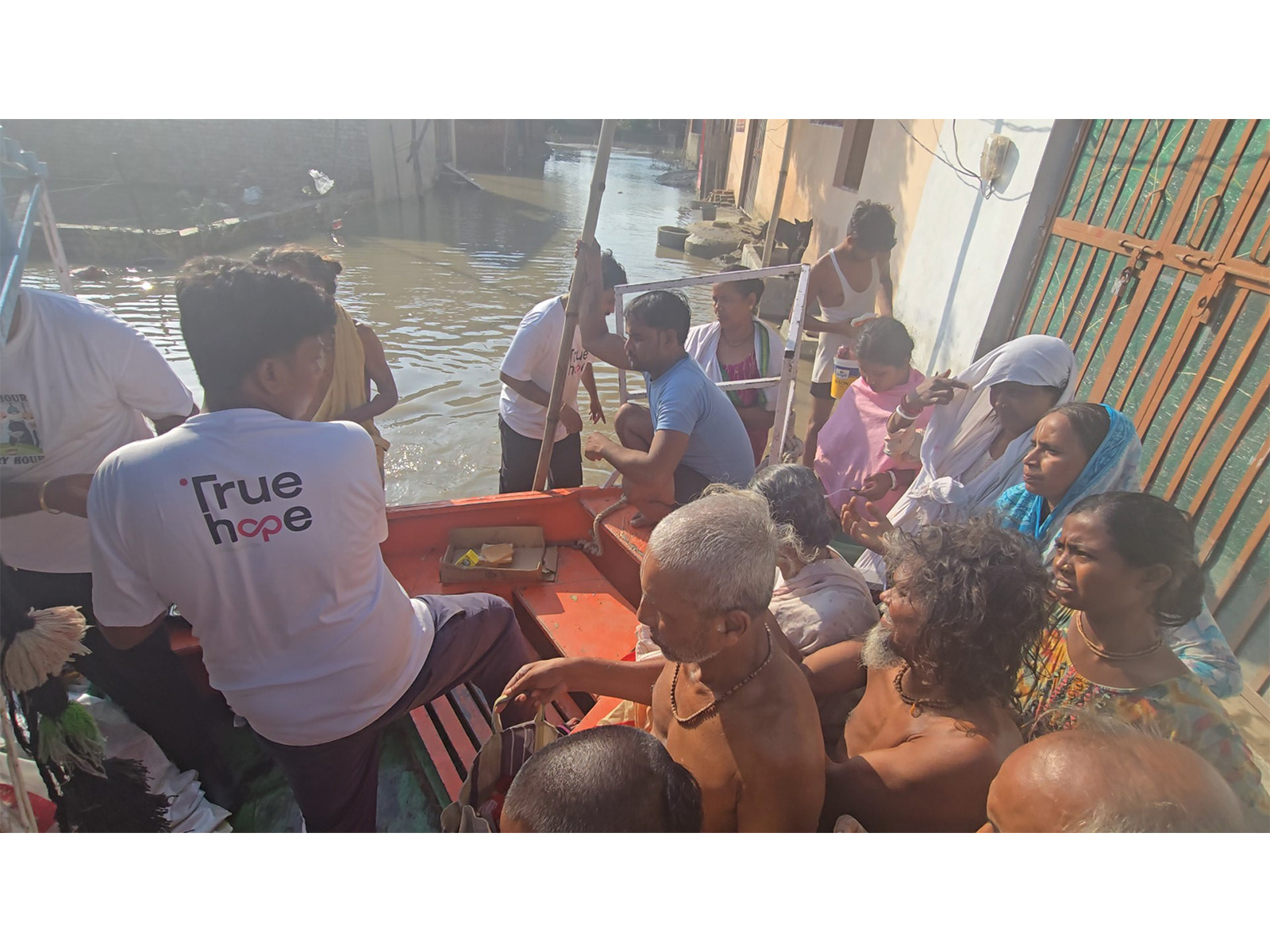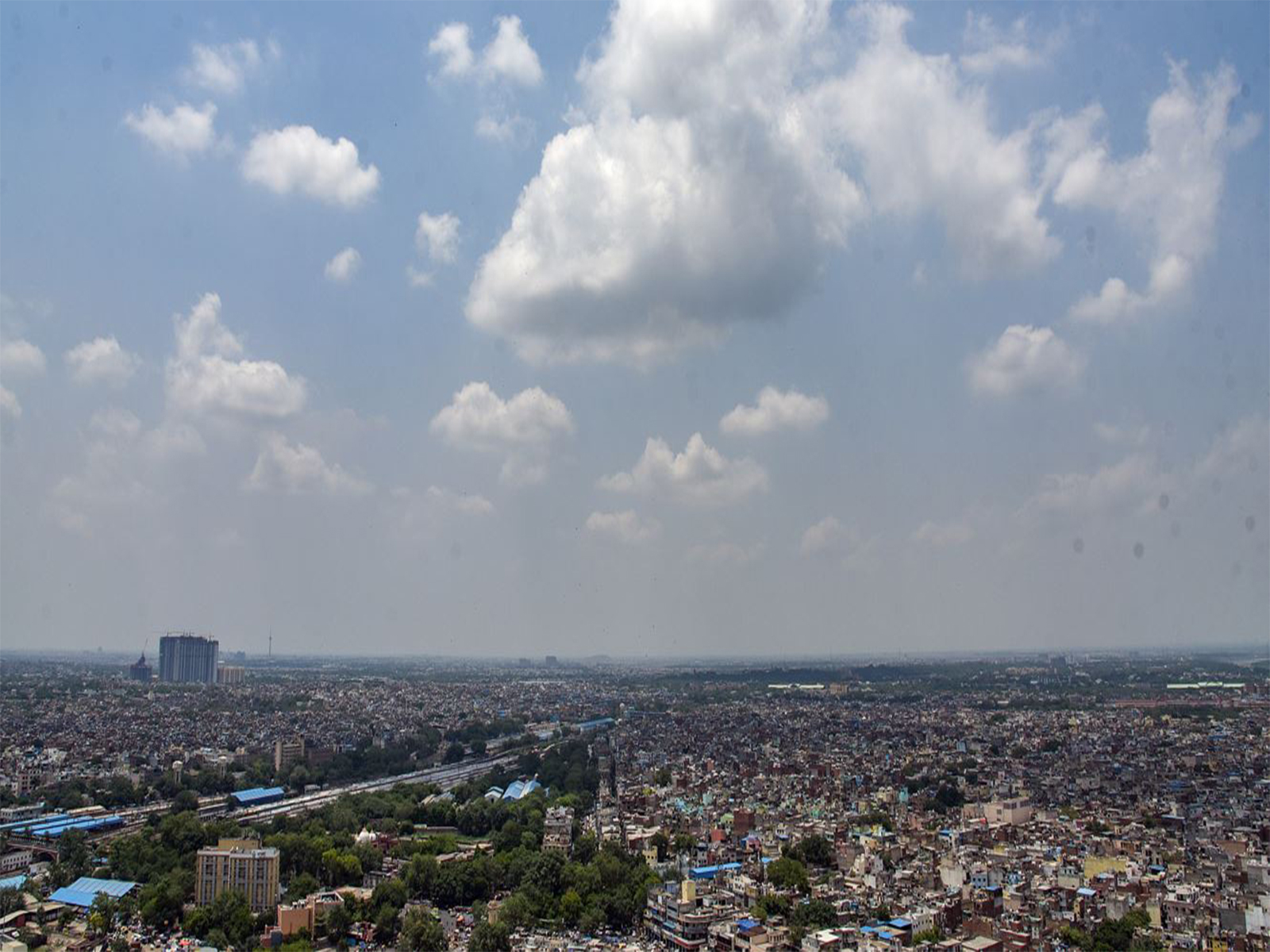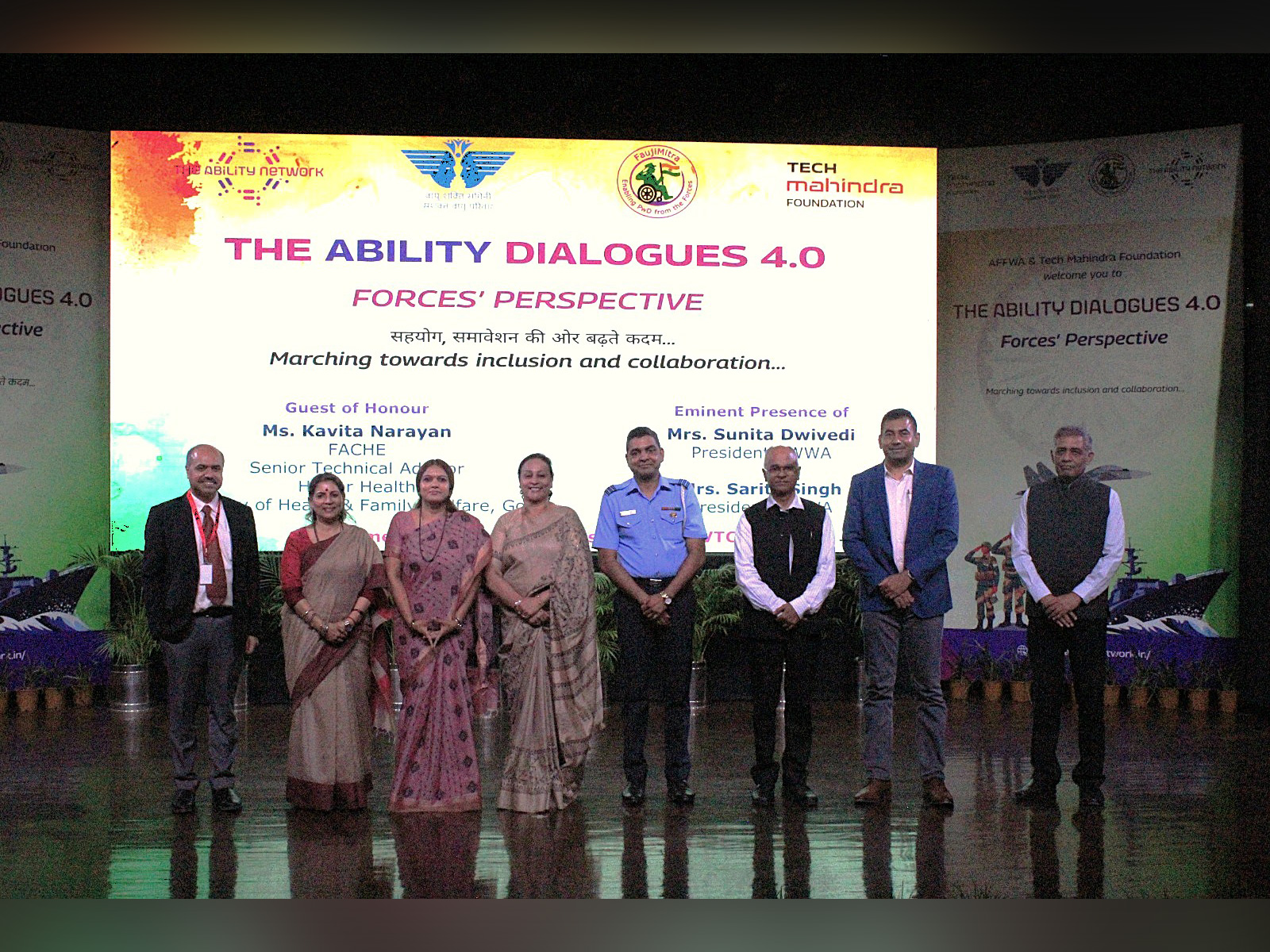Thiruvananthapuram (Kerala) [India] September 13 (ANI): Kerala Health Department has revised figures on Amebic Meningoencephalitis cases and deaths in the state. As per the latest update, so far 66 people have been infected in 2025, of whom 17 have died, according to the Directorate of Health Services (DHS).
Earlier, the Department had stated that only two deaths were confirmed as caused by the disease, while 14 were suspected. The clarification now confirms 17 fatalities. On September 12, two new cases were reported, raising this month’s total to 19 cases and seven deaths.
This correction also revises an earlier statement from September 10, when the department said that 60 cases had been reported this year, with 42 suspected to be Amebic Meningoencephalitis.
Meanwhile, leptospirosis (rat fever) continues to be the state’s deadliest infectious disease in 2025, claiming 139 lives so far, including 13 this month alone. Hepatitis A has caused 58 deaths, dengue fever 33 deaths, seasonal fevers 38 deaths, and rabies 23 deaths this year.
Kerala’s health authorities are on high alert due to multiple cases of Primary Amoebic Meningoencephalitis (PAM), a rare and often fatal brain infection caused by the Naegleria fowleri amoeba, commonly known as the “brain-eating amoeba.”
Kerala has reported multiple deaths and a cluster of Primary Amoebic Meningoencephalitis (PAM) cases across districts in August and September 2025, according to official sources.
“Given past reports from the state and high fatality associated with the disease, continuous vigilance, enhanced surveillance, environmental sampling, and strict IEC measures are essential. NCDC and the State Health Department are monitoring the situation closely, with laboratory confirmation and epidemiological investigations underway,” official sources said on Friday.
As Public Health Response, “Testing of febrile and symptomatic individuals across affected districts. Alert issued to Kozhikode Medical College and district hospitals.”
“Awareness campaigns in communities regarding risks of fresh water exposure. Environmental measures: Instructions issued for cleaning and chlorination of wells and public water sources.”
Sources said further, “Fever survey is ongoing in affected localities. Sample collection from CSF, nasal swabs, and water sources is being tested. The preventive measures (Advised to Public) are to avoid swimming/bathing in ponds, rivers, or stagnant water. Ensure proper chlorination of swimming pools and water parks. Use nose clips or cover the nose when exposed to fresh water. Clean and chlorinate household wells regularly. Seek immediate medical care for any neurological or meningeal symptoms following water exposure.” (ANI)
Disclaimer: This story is auto-generated from a syndicated feed of ANI; only the image & headline may have been reworked by News Services Division of World News Network Inc Ltd and Palghar News and Pune News and World News
HINDI, MARATHI, GUJARATI, TAMIL, TELUGU, BENGALI, KANNADA, ORIYA, PUNJABI, URDU, MALAYALAM
For more details and packages

















